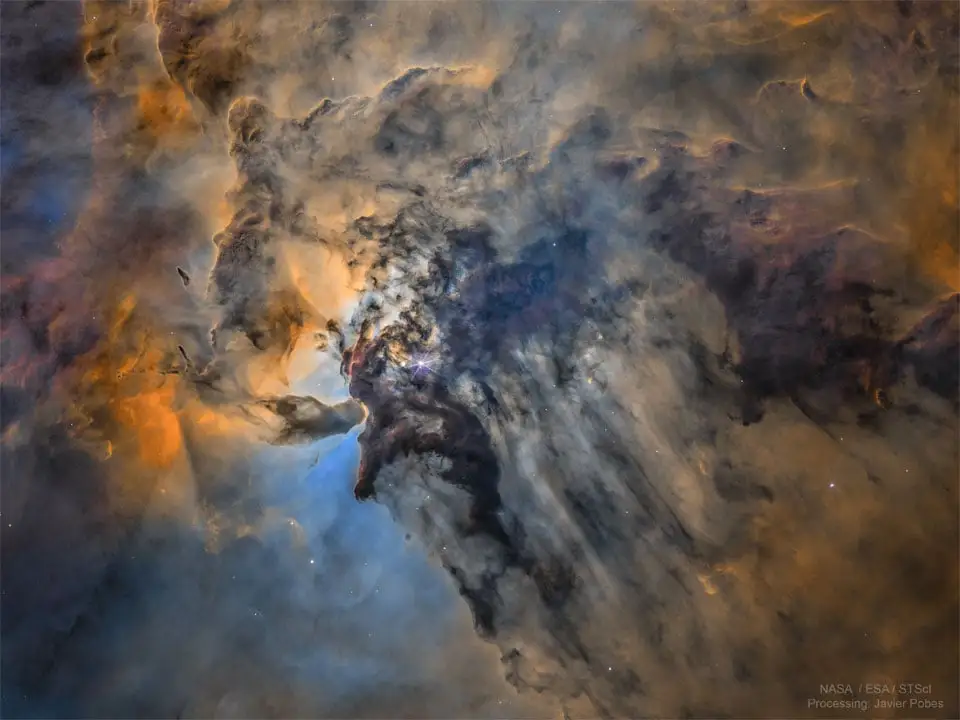Space
8735 readers
84 users here now
Share & discuss informative content on: Astrophysics, Cosmology, Space Exploration, Planetary Science and Astrobiology.
Rules
- Be respectful and inclusive.
- No harassment, hate speech, or trolling.
- Engage in constructive discussions.
- Share relevant content.
- Follow guidelines and moderators' instructions.
- Use appropriate language and tone.
- Report violations.
- Foster a continuous learning environment.
Picture of the Day
 The Busy Center of the Lagoon Nebula
The Busy Center of the Lagoon Nebula
Related Communities
🔭 Science
- !astronomy@mander.xyz
- !curiosityrover@lemmy.world
- !earthscience@mander.xyz
- !esa@feddit.nl
- !nasa@lemmy.world
- !perseverancerover@lemmy.world
- !physics@mander.xyz
- !space@beehaw.org
- !space@lemmy.world
🚀 Engineering
🌌 Art and Photography
Other Cool Links
founded 1 year ago
MODERATORS
1
2
3
5
6
8
9
10
11
12
13
14
15
16
94
Europe's most important rocket test almost foiled by a slice of cheese
(interestingengineering.com)
17
427
Voyager 1 loses contact with NASA, turns on retro transmitter not used since 1981
(www.livescience.com)
18
19
20
21
22
23
24
25
view more: next ›
